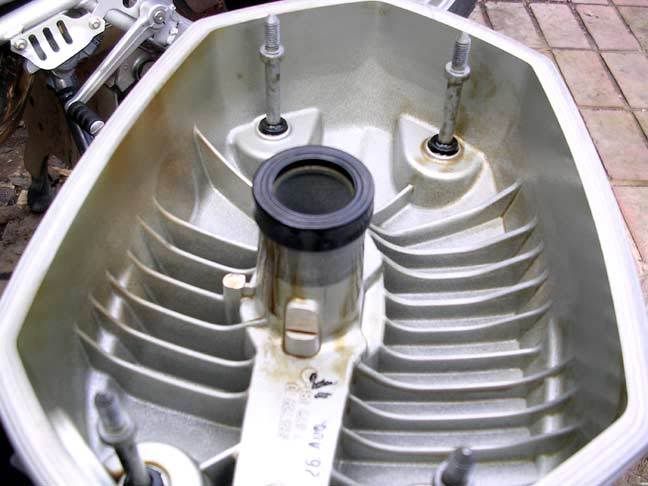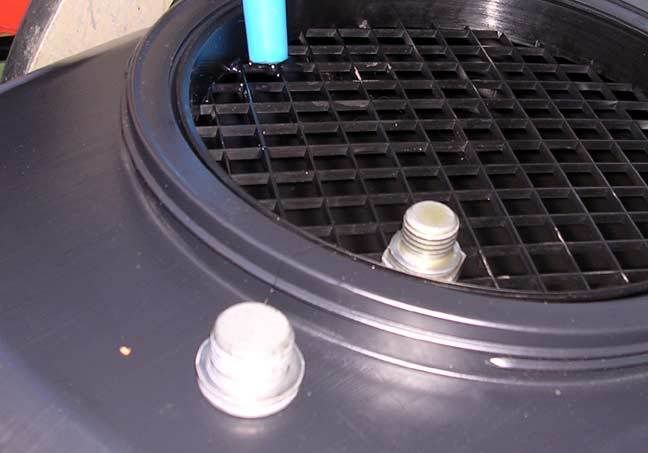JimVonBaden
New member
Jim, you might be amazed at how many people are unaware of how to properly use a torque wrench, store a torque wrench or calculate proper torque even how to properly read the setting on a click type wrench.
Add to this, most torques listed in manuals are for dry clean threads. If the threads are lubricated in any way, and the required torque is a dry spec not wet torque, the fastener and mating component, be it a nut, threaded hole or even a shaft can be stretched, stripped, crushed or broken.
The over torque of wet vs dry is approximately 30% increase in net load into the threads.
No, I wouldn't be amazed by a lack of knowledge. I teach motorcycle maintenance. BUT, that is not my point. Fear of torque wrenches makes no sense to me. If you are going to avoid torque wrenches, you will often over or under torque fasteners, and either break them, damage the threads, or under torque them and have leaks or fasteners that fall out.
If a torque for a drain plug is listed, it will not be listed as a dry torque, that would be stupid.
As for these broken Dimple Drain Plugs, I was not there, and none of us have witnessed exactly what happened. I do give benefit of doubt that the plug failed and all torques, turning directions were correct.
Our oil is due to be changed. Bob D was kind enough to send me a second pair of Dimple drain plugs as he was hesitant to install them. When I received them, based on memory, I thought the set from Bob appeared different. My original Dimple Drain Plugs I thought were quite shiny and jewel like, also appeared to be made from stainless. I am not sure if they are stainless or not, but should know more once I change the oil. The set I got from Bob, had a more dull gray appearance, and a texture almost as if they had been shot peened. I am not sure of the vintage (date purchased) on Bobs plugs, but the set I installed was an early pair of Dimple Drain Plugs.
I will report back as I have more info to add.
I also was discussing this with my friend and forum member JTORO yesterday. Something I had not heard before but he informed me that upon accomplishing the first oil change by him on his 2015 RTS, he had an oem drain plug fail by breaking and leaving a section in the case. He also informed me he was able to remove the broken section and continue on installing Dimple Drain Plugs.
I don't have any experience with these plugs, so I am learning as I go. All this is good info to me. If this many plugs are breaking, and people are using the correct torque, then it is obvious the plugs are defective. If they are not using a torque wrench, however, then it is hard to say if it is ham fisted wrenching, or defective plugs.



